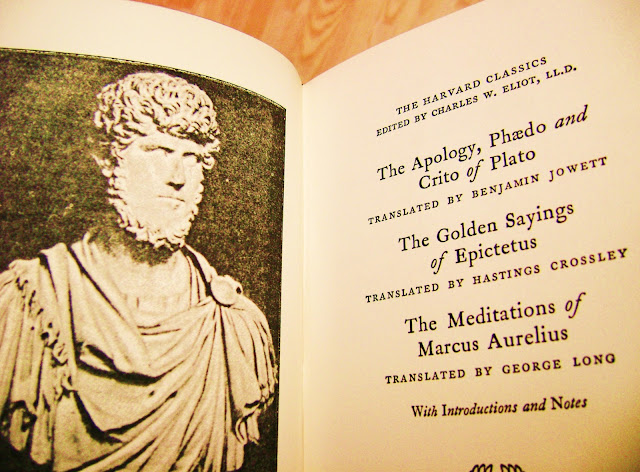Two short reviews
In the past, I have written these in groups of four, but today I only have two books to review. They each get 4 out of 5 stars , so perhaps there is still uniformity to this, after all? To Kill a Mockingbird Harper Lee It would seem I should have more to say about this book, but what can I say? You probably know the entire synopsis with or without having read it before. I enjoyed it, more than I expected. The writing was more vivid than the plot, painting a complex examination of prejudice and tension that even the (excellent) movie could not evoke. Atticus and Scout were deep characters. The ending felt somehow disappointing after the intricate buildup, hence four stars. But the journey, rather than the end, certainly makes it a worthy classic, so if you have procrastinated as I did, procrastinate no longer. Notes on Life and Letters Joseph Conrad I was reading this book for the longest time, I don't remember when I started it. Goodreads says February. Well,

